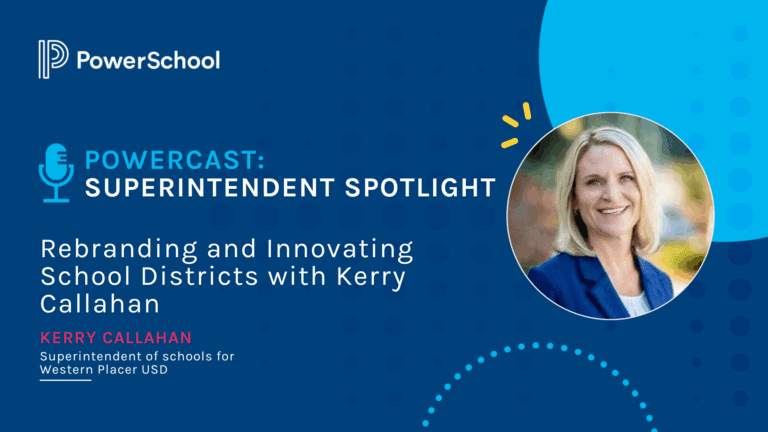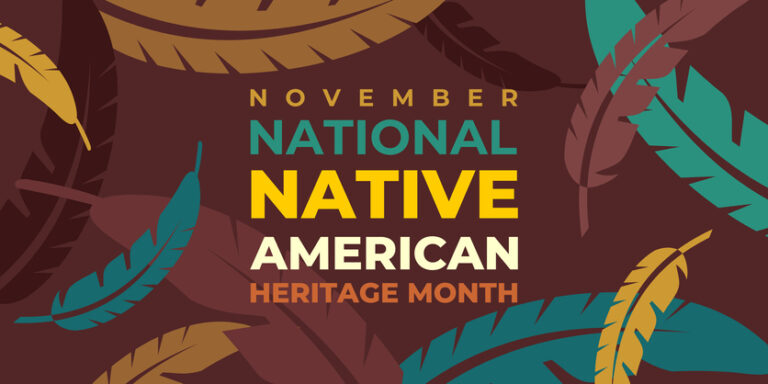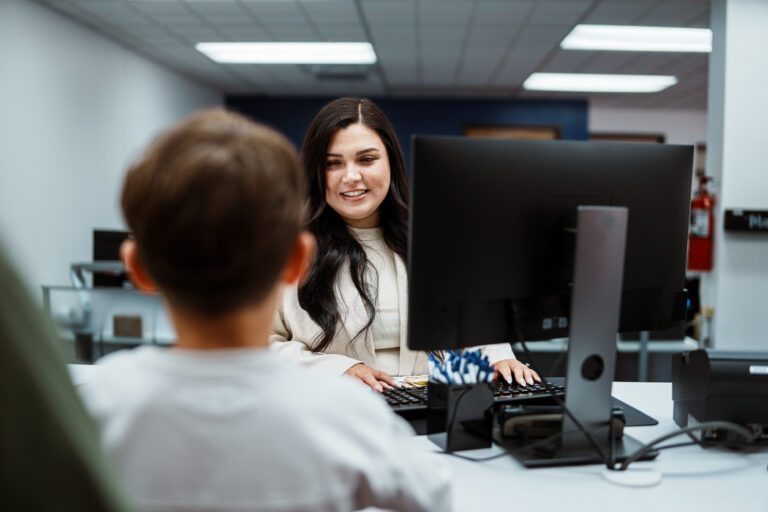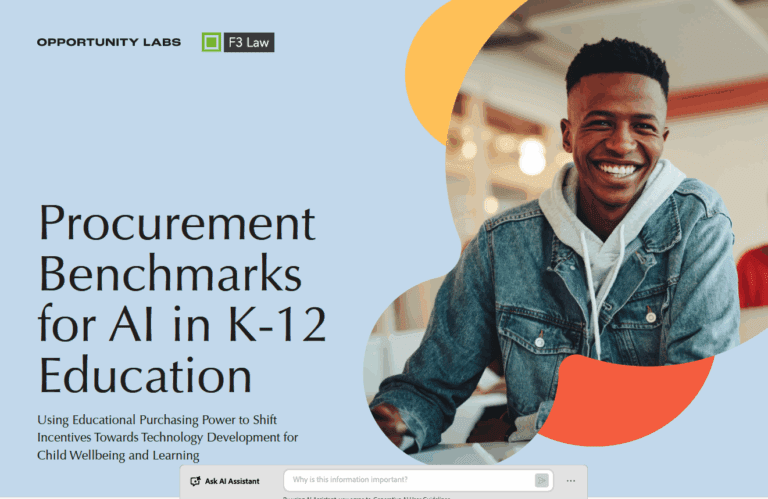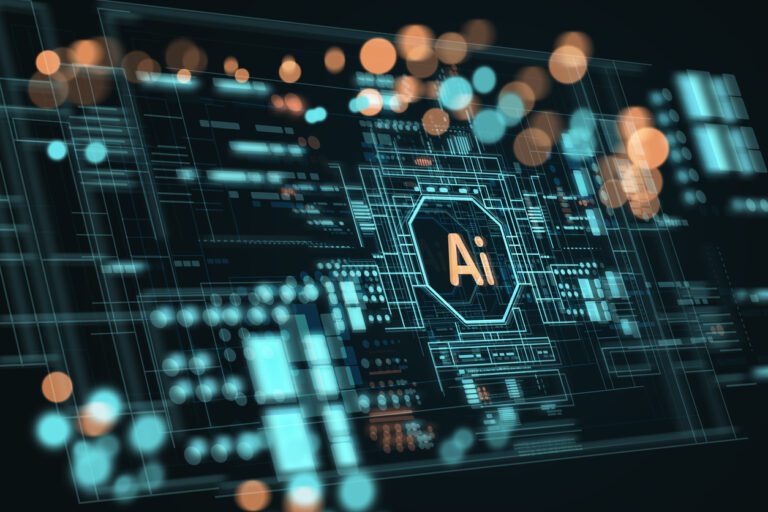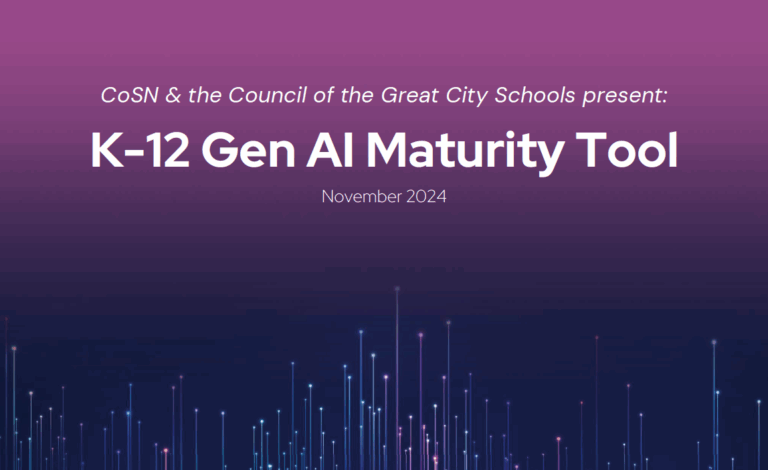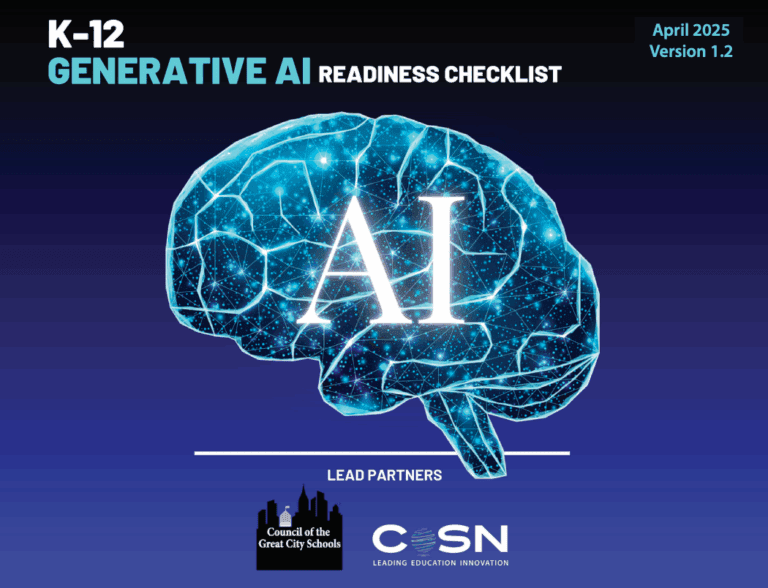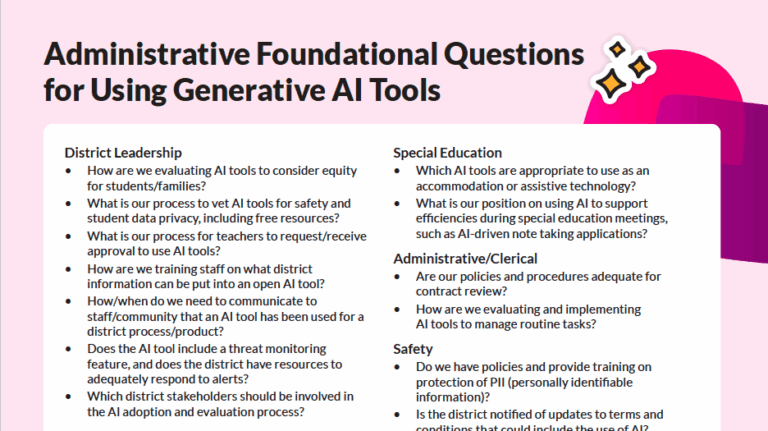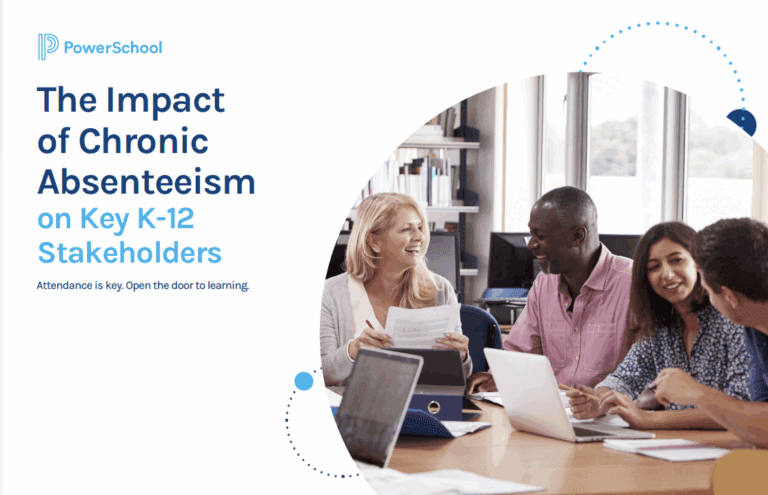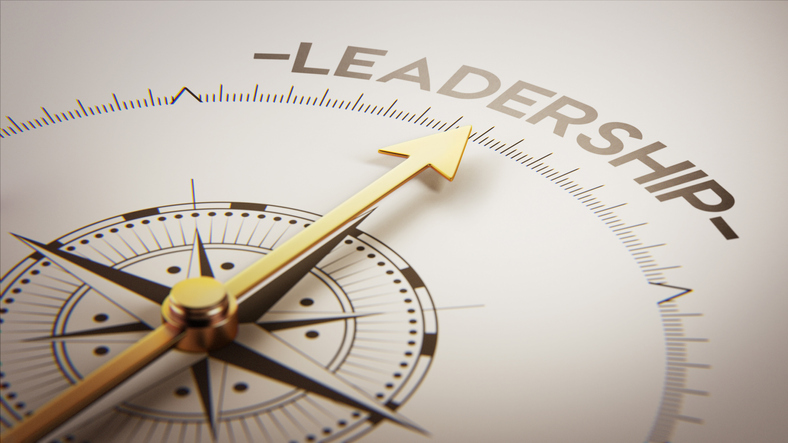“Anyone who stops learning is old, whether at twenty or eighty.
Anyone who keeps learning stays young.”
― Henry Ford
If you have read “The 7 Habits of Highly Effective People” by Stephen Covey, you will remember the importance of “sharpening the saw.” This habit refers not only to hone your communication skills but also to finding more astute solutions to your problems – solutions that can take some effort to discover.
We read books like “7 Habits” because we intuitively know that when a person stops seeking novelty and new perspectives, they get stuck facing repeating issues without making much progress, then feel less inspired to deal with the inevitable challenges of change.
But why should you invest your time, energy, and money in personal development?
1. Learning and growth will make you happier
PD improves your life, both in and out of the office. If you shake off the stagnancy of inaction in any discipline, whether you are learning about finance or social equity, you will propel yourself forward and feel better doing it. With new skills and insights in your mental toolkit, you will find yourself with new confidence wrought from stepping into a place of unfamiliarity, even insecurity, that challenges you to do better and be future-focused.
In fact, the neurons in your brain will thank you for the stretch. In other words, inspiration = happiness. It’s science.
Dr. David Rock, Co-founder of the NeuroLeadership Institute, has trained over 10,000 executive, personnel, and workplace coaches in more than 64 countries. He says:
“Engagement is a state of being willing to do difficult things, to take risks, to think deeply about issues and develop new solutions…. Interest, happiness, joy, and desire are approach emotions. This state is one of increased dopamine levels, important for interest and learning.”
2. You will gain valuable (and marketable) skills
Proactivity is the mother of foresight and new perspectives. You can learn about topics at PD events that you would not otherwise have access to or even the time to research. For example, you could hear about other administrator’s best practices, gain soft skills like presentation, better communication, research methodology, and see new data on topical problems. There could be a learning challenge that affects students in your district, but you have not thought about that particular issue. Meanwhile, a workshop leader at the PD conference has 10 great ideas on the topic.
Unless you fall asleep during one, personal development presentations pretty much force you to enter a growth mindset, follow your curiosity, and hopefully, take initiative and make the change. Again, there is always room for improvement – even with your biggest strengths.
3. Investing in relationships pays off
If you invest in your peers and make sure that they can rely on you in turn, then your network will become a well of opportunities, stronger conversations, and new ideas. It will be a support system that you can fall back on if problems ever arise.
How do you decide who to approach at events? Think of anyone who inspires you, and makes a list of topics you would love to be more knowledgeable about. Who might be an expert in these issues? Who seems curious in the same way that you are? Asking direct questions of presenters and being able to hear live, honest feedback to your ideas and situational concerns is a unique benefit of personal development events that you can’t get from a podcast or a blog.
Reach out to the people you meet in a polite, conversational way, and again within a week after the event. Nurture that relationship with mutual respect. Just as in friendships: be someone you would feel comfortable approaching for feedback, even at a stressful time.












